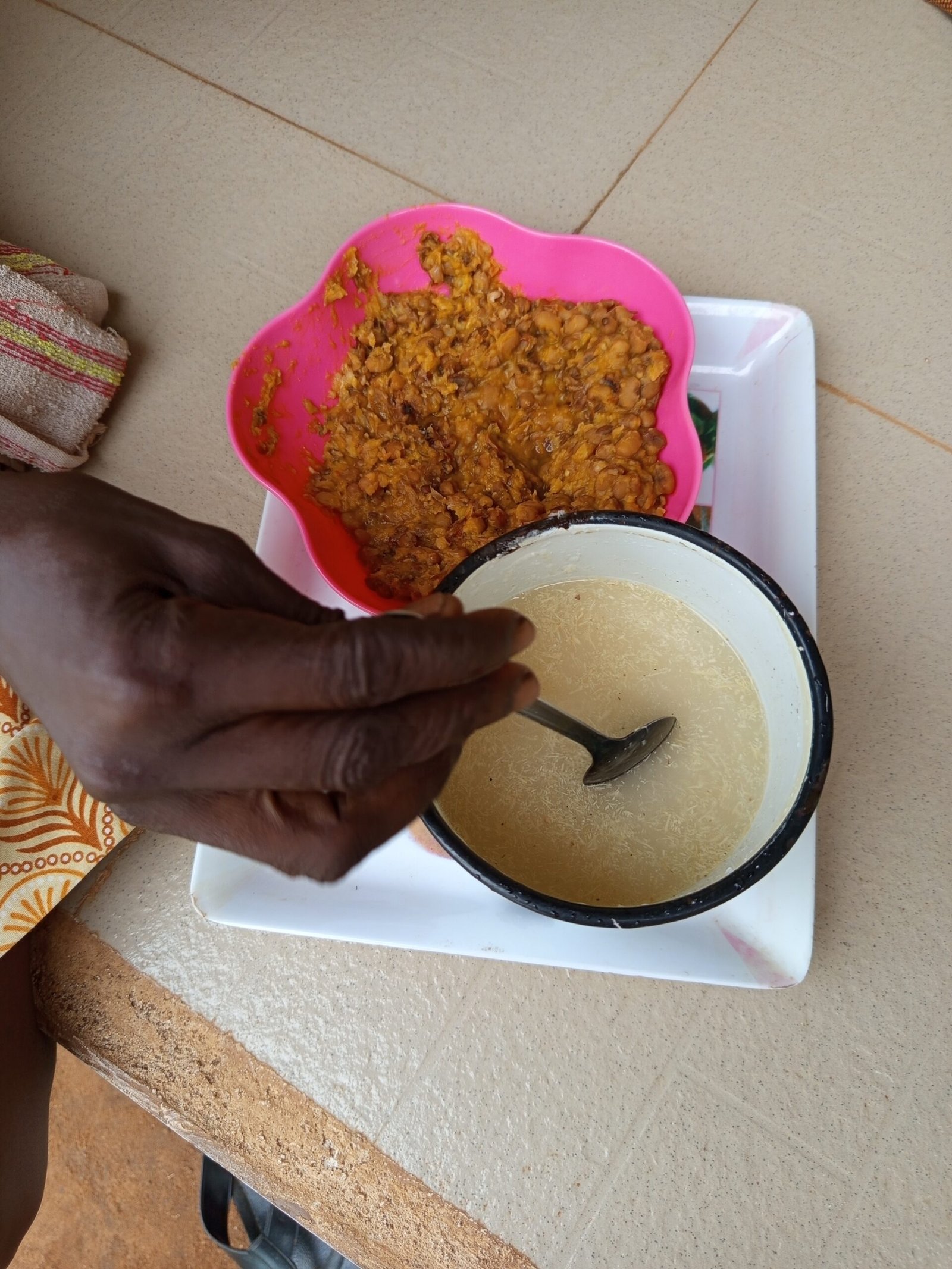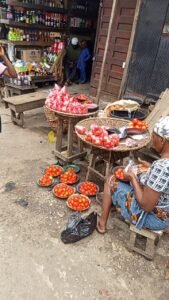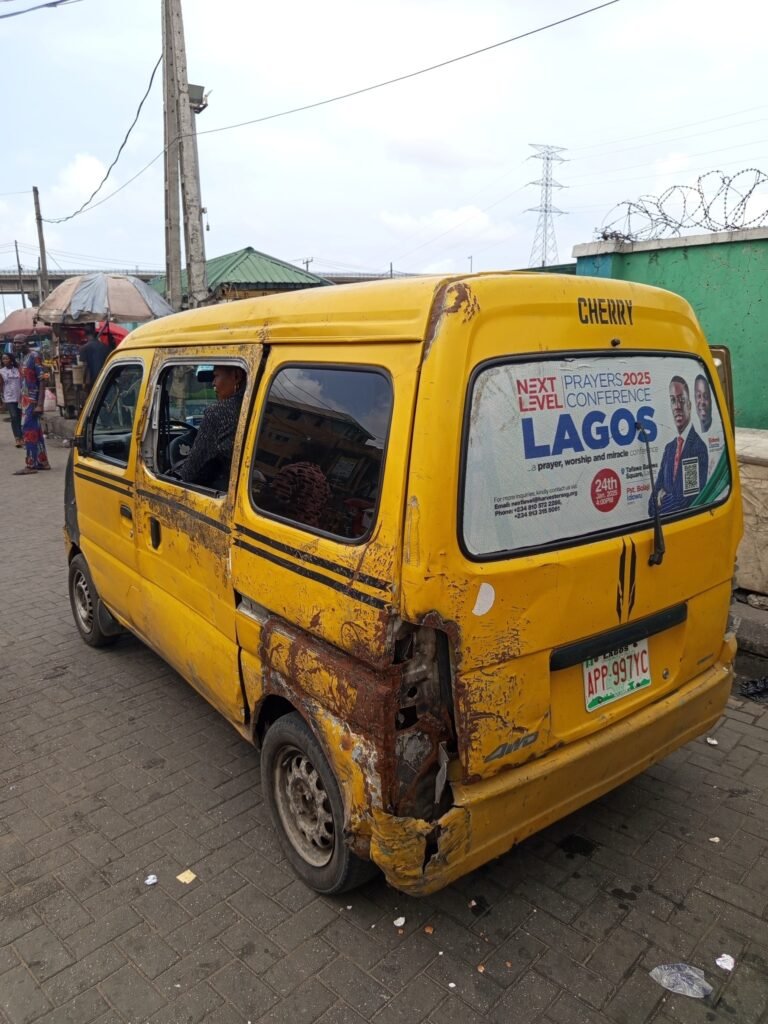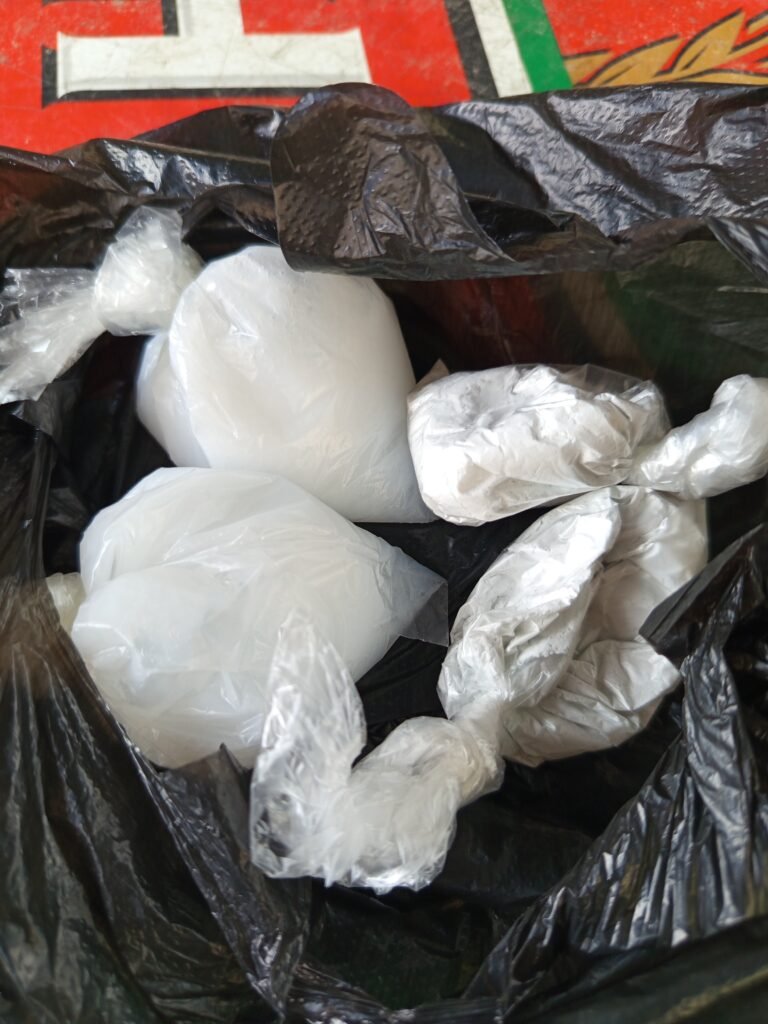Nigeria beyond the headlines: What we should see when we truly take a closer look
Today is one of those days when I just want to write down my thoughts. No big concept, no perfect structure – just what I see, what I experience, and what’s on my mind. Some parts may be uncomfortable to read. But maybe, just maybe, it’s a little nudge to expand the way we look at the world.
What do you really know about Nigeria?
When we think of Nigeria, the same terms often come up: high birth rates, corruption, crime. A generalized image forms quickly: “Helping there won’t change anything. We’re already donating enough.”
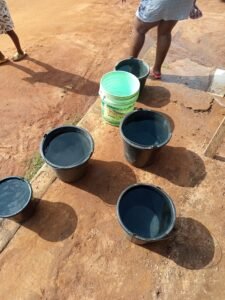
👋 Thanks for being here!
This blog shows what others often leave out – honest, raw, from a different angle. If you value these unusual perspectives, your support helps me keep writing. Whether it’s once or regularly – every small gesture means a lot.
🫶 Thank you for helping voices like mine be heard.
But thinking like that ignores what truly matters: the reality of the people. Their daily lives. The structural injustice. And above all: the perspective of those who fight every single day for a life with dignity.
I’m not an expert, not a politician, not a journalist. But I’ve done something that many wouldn’t dare: I lived in Nigeria – not in a hotel or a secured neighborhood, but in the ghetto. With families, with workers, with ordinary people. And I’ve learned: reality is not black and white. It’s layered, unsettling – and it deserves to be seen.
Not poor – but exploited
Nigeria is rich in natural resources: oil, gas, gold, phosphate. But that wealth rarely reaches the people. On the contrary: entire regions – especially the Niger Delta – still suffer from the devastation caused by international oil companies. Rivers are poisoned, farming and fishing impossible, compensation absent. The ones responsible? Usually unreachable. The ones affected? Families who never got to benefit from “their” resources.
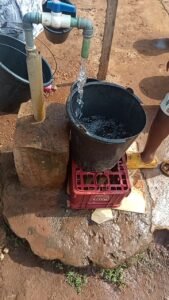
Add to that economic crises, unpaid wages, and lack of labor rights. A full-time job – 40 hours a week – often barely covers two simple meals a day. No restaurant visits, no extras. Rent is only affordable if both partners work. School fees require loans. Leisure time? Doesn’t exist. Even a Coke from the roadside stand is a luxury.
Empowerment over pity
I’m not writing this to elicit pity. Quite the opposite – pity would be dangerous. It distorts the view. It creates a perspective of superiority, when what’s really needed is meeting eye to eye.
The people I met – in the ghettos, on the streets, in small shops – don’t want handouts. They want opportunities. The chance to help themselves. Most of them feel ashamed when they can’t manage something on their own – they fight silently, with remarkable dignity.
Not every person is good – of course not. There is crime, fraud, abuse. But that’s not “Nigeria.” Those are individual cases – as they are everywhere. The majority are people just like you and me: they want to live, learn, love. Just under vastly different conditions.

Why help makes sense – if done right
The more I see and experience, the more I’m convinced: there are organizations that truly take action – without big promises, but with clear goals. One of them is HIFA Austria.
HIFA has been active in Nigeria for decades – supporting education, sponsorships, microloans, vocational training. It’s not about “giving to the poor,” but about creating perspectives together. Empowerment is the core principle. And it works. Not instantly, not everywhere – but sustainably.
Of course there are black sheep. But anyone who looks closely can see: those who want to exploit others find far easier ways than working under such tough conditions. The volunteers working with HIFA are not doing it for profit. They do it because they see more than poverty – they see people.
My experiences: Not spectacular – but real
I lived with families who weren’t poor – but also far from wealthy. In apartments with no electricity, no running water, no steady supply. We fetched water in buckets, got up early to charge phones at shops with generators. It was just everyday life – in the plainest sense.
Many people sleep on the floor, on sofas, in shops. Some have a room. Meals at work – if there are any – are rare. These are not exceptions, but widespread realities.
What impressed me most was the dignity. The solidarity. The perseverance. And the pride to keep going despite everything.
Conclusion: Nigeria is not just crisis – it’s humanity, survival, and hope
If you want to understand Nigeria, you can’t just read headlines. You have to listen to the stories that aren’t told. See the faces that never make the front page. And ask yourself: What if I had been born there?
It’s not about blame. It’s about responsibility. About respect. And about the realization that everywhere in the world, there are people who simply want to live – with dignity, in peace, with opportunities.
And that’s exactly why we need more projects like HIFA – not as salvation, but as opportunity.
www.hifa.at
And sometimes it just makes me quietly angry
I’ve been in places where conflict is part of daily life. I haven’t just seen poverty – I’ve felt it. I’ve met people who had no strength left to hope. I’ve seen the wounded, the dead. And I’ve lived with those who kept going – day after day. That didn’t numb me. It opened my eyes. Made me curious. I didn’t want to observe – I wanted to live with.
But what hit me hardest wasn’t the hardship itself. It was the voices from afar – people sitting safely in their homes, believing they know it all. Saying things like “Nothing will ever change there.” They had formed their opinions – and stopped questioning them. I stayed silent often. Not because I had nothing to say – but because I realized: those who only know their own truth have stopped listening.
Of course, their perspective isn’t wrong. But it isn’t everything either. The world isn’t a single shade. It’s a mosaic – of experiences, contradictions, and stories. And as long as we only accept what mirrors our own reality, true understanding remains out of reach.
I’m not writing this for applause. I recommend HIFA Austria because I’ve seen what real empowerment looks like – quietly, but effectively. I gain nothing from it. But I believe in it. Because I’ve witnessed what people can accomplish when someone trusts them to shape their own future. Many feel ashamed for not being able to meet the bare minimum – and all they want is a chance to live independently.
Maybe you recognize parts of yourself in these lines. Maybe you don’t. But if you’re open, please share this post. Not for me – but for the voices that are rarely heard.
